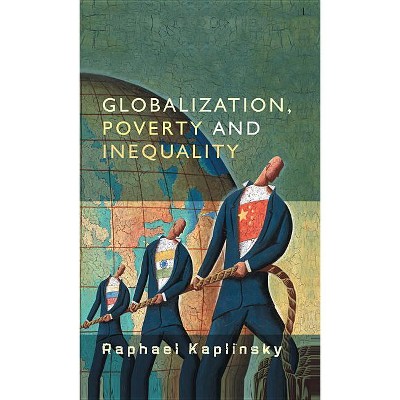About this item
Highlights
- Science and technology produce a wide range of benefits in society but they also create harm, both of which are unequally distributed across social groups and geographic regions.
- About the Author: Scott Frickel is Professor of Sociology and Environment & Society at Brown University.
- 184 Pages
- Science, Philosophy & Social Aspects
Description
Book Synopsis
Science and technology produce a wide range of benefits in society but they also create harm, both of which are unequally distributed across social groups and geographic regions. This incisive book provides a set of analytical tools to understand how inequality relating to science and technology is produced, and how the field can be reorganized to make good on its promise to improve life for all.
Using a range of evidence and examples, Frickel and Moore show that science and technology are closely bound up with social inequalities, including linked problems of poor health, environmental degradation, racism, and sexism. They use the frame of "scientific inequality formations" to investigate the technoscientific sources of unequal power relations in society, examining issues such as the underdevelopment of non-profitable technologies, how laws and markets direct scientific advances, and the exclusion of certain social groups from the creation of knowledge and solutions relevant to their lives. This timely book illuminates interventions that redirect science and technology toward more equitable ends with the potential to be more widely distributed, charting a path to a more just future.
Review Quotes
"This fantastic book demonstrates how inequality is built into modern science, and why we need to take power and social structure seriously to fully understand and address it. It is essential reading for anyone who mistakenly believes that science is neutral."
Shobita Parthasarathy, University of Michigan
"Accessible to students but also valuable for seasoned researchers, this landmark book provides a systematic, sociological lens for understanding how science and societal inequality shape what we know and do not know. But it is not just diagnosis: the book also offers hopeful recipes for change."
David J. Hess, Vanderbilt University
About the Author
Scott Frickel is Professor of Sociology and Environment & Society at Brown University.Kelly Moore is Associate Professor of Sociology at Loyola University Chicago.












